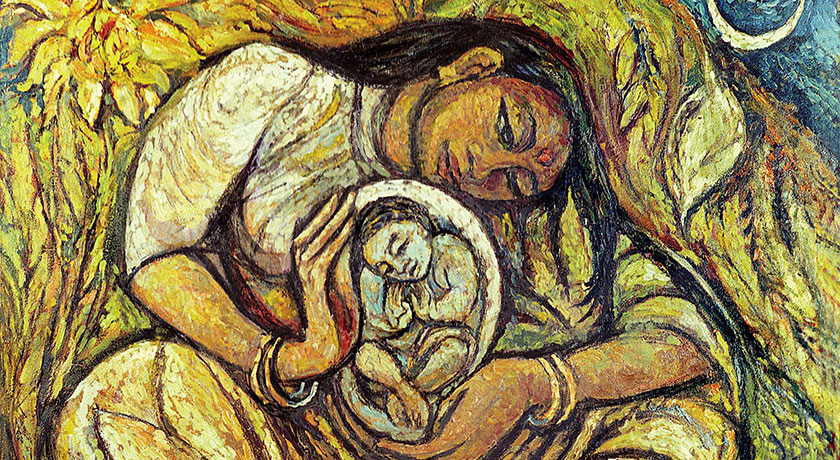 The Revd Fiona Thomas, Secretary for Education and Learning for the United Reformed Church, reflects on Christmases spent in remote villages in South India.
The Revd Fiona Thomas, Secretary for Education and Learning for the United Reformed Church, reflects on Christmases spent in remote villages in South India.
Each year we construct Christmas, building it up from memories, rituals and expectations.
In the early 80s I celebrated four Christmases in remote villages in South India with a small team of international development volunteers. For the villagers, Christmas Day was a normal working day – they’d turn up at the office and expect us to be having meetings and working as usual on transforming society. So we did what we could to make the day special.
The only way we could take the day off was to trek into the forest with a picnic. One year, when a visitor brought chocolates, paper crowns and Christmas crackers, we introduced some bemused village elders to Mars bars and festive paraphernalia before breakfast on Christmas Day.
We marked Christmas Eve by listening to A Festival of Nine Lessons and Carols on the BBC’s World Service, then a quiet communion followed by the treat of coffee prepared by our cheerfully atheist health advisor colleague. The special dinner on Christmas night was biriyani with meat.
They were Christmases unlike any I’d had before or since and they hold precious memories for me. Simplicity helps, yet nearly four decades later I realise how complicated the simplicity actually was.
Even if we are determined to do things differently from how it used to be, we are being influenced by how it has always been. The songs, recipes, jumpers with reindeer noses, the Santa Clause jug that’s kept in the back of the cupboard purely for the pudding sauce. As the family mosaic changes, new traditions form, sometimes out of thin air, sometimes from a clear and intentional source.
And then there are the Christmases we would wish that nobody would have to live through – when we’re on the streets or having to choose between putting food on the table or heating the room, or in prison, or under siege from rocket bombardments, or estranged from family because of human failings either our own or other people’s.
As Phillips Brooks wrote in his Christmas carol Oh Little Town of Bethlehem: “How silently, how silently, the wondrous gift is given. So, God imparts to human hearts the blessings of God’s heaven.”
God’s love, brought to earth in the everyday, almost unnoticed, hardly remarkable birth of a child. The Christmases we construct around this act of grace will be shaped, if we allow them to be, by the love itself. No decorations necessary!
Picture: Jyoti Sahi - Dalit Madonna © Trustees for Methodist Church Purposes. The Methodist Church Registered Charity no. 1132208
Published: 17 December 2019




